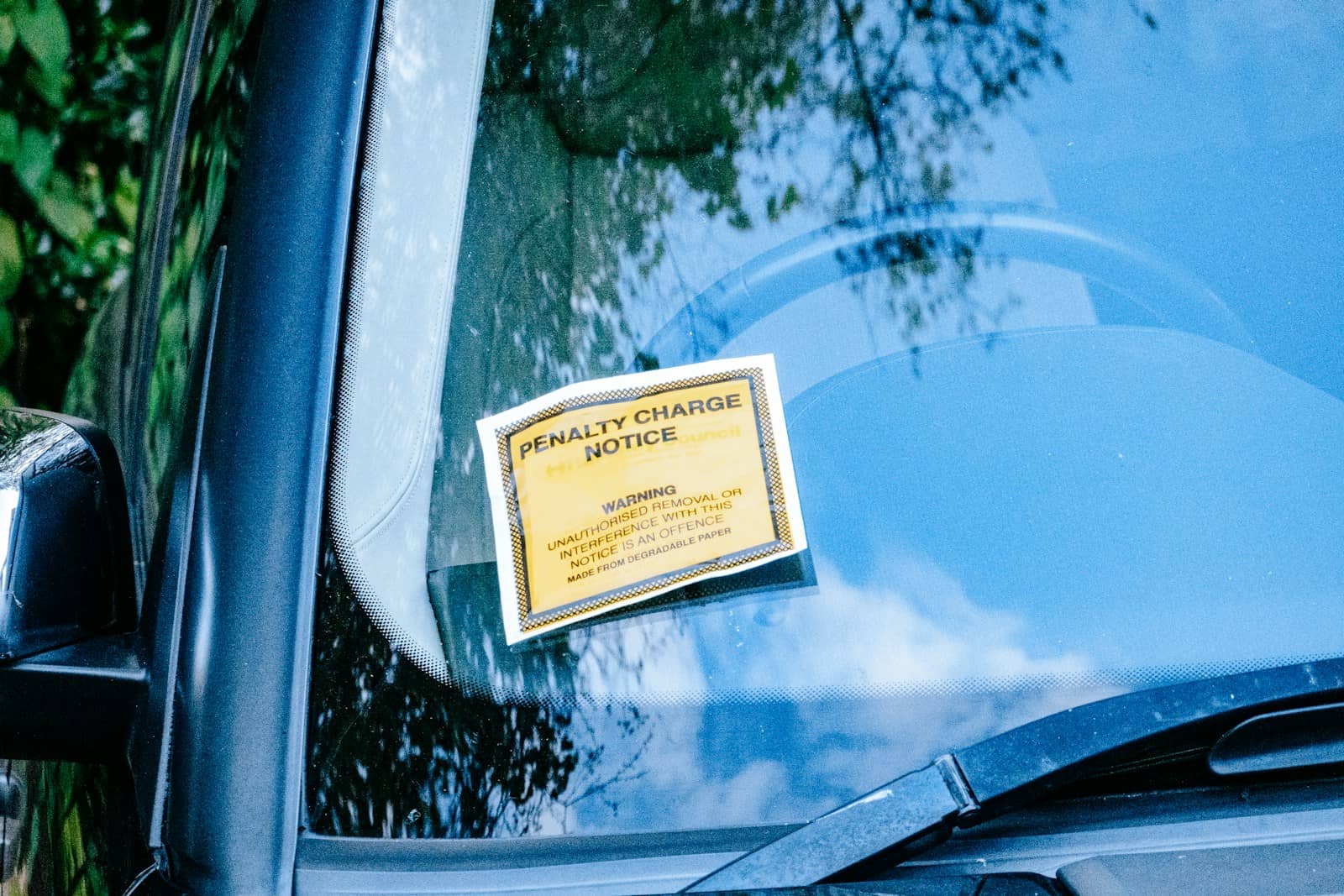
Corporate, Immigration News, Legislation, News, Sponsorship, Visas
Employers Guide to Civil Penalty Notices
The Ultimate Employer's Guide to Immigration Civil Penalty Notices
Are you an employer in the United Kingdom, feeling overwhelmed by the complexities of immigration law? We understand that navigating this landscape can be daunting, especially when it comes to avoiding civil penalties. Under the Immigration Act of 2016, employers can face severe consequences if they knowingly hire individuals without the legal right to work in the UK. These penalties go beyond just financial implications; they can also tarnish your organisation's reputation and hinder your ability to hire foreign workers in the future.
That's why we've created this comprehensive guide to immigration civil penalties. We'll dive deep into the intricacies of these penalties, shedding light on what they entail, how they are assessed, and most importantly, how employers like you can effectively mitigate or challenge them.
Understanding Civil Penalties in Immigration Law
The Immigration Act of 2016 empowers authorities to impose civil penalties on employers who knew or had reasonable cause to believe their employees lack the right to work in the UK. This includes migrants who are working in breach of their current permission conditions. These penalties are designed to prevent and discourage illegal employment.
A civil penalty notice can be issued following a compliance visit by the Home Office, where a referral is made to the civil penalty compliance team. Further information about the workers identified during the visit and details of any right-to-work checks conducted may be requested. Employers have a 10-day window to complete an information request response form and provide supporting evidence. The evidence provided at this stage can significantly impact whether a civil penalty is issued or if the fee is reduced.
The Impact of a Civil Penalty Notice
For a first breach within three years, the starting penalty is £15,000 per illegal worker. However, it's important to note that the Home Office has announced planned increases in the maximum illegal working civil penalty from £20,000 to £60,000 by 2024. To learn more about these increases, you can refer to our blog post.
The total amount payable for a civil penalty is assessed holistically, considering various factors. If an employer has a history of employing illegal workers, the fine will increase. Conversely, if mitigating factors can be demonstrated, the fine may be reduced.
It's worth mentioning that there is a 30% reduction in the total penalty for fast payment, usually within 21 days.
Mitigating Factors and Penalty Determination
When considering the penalty, the Home Office considers several mitigating factors, including:
- Reporting: If you have a history of reporting suspected illegal workers to the Home Office, the fee could be reduced by £5,000.
- Active Cooperation: If you have actively cooperated with the Home Office throughout the investigation, the fee could be further reduced by £5,000.Effective Right to Work Procedures: Having robust document-checking practices regarding employees' right to work can result in the civil penalty notice being reduced to a warning notice, thereby eliminating the fee.
- It's important to note that employers who knowingly employ illegal workers can also face criminal proceedings, punishable by up to 5 years imprisonment and/or an unlimited fine.
To Pay or To Challenge?
If you receive a civil penalty notice, you have the option to challenge it through a written objection. The deadline for this objection will be specified in the notice itself. Whether you choose to pay the fee or challenge it, you must respond to the Home Office within 28 days.
At this stage, you can also request an instalment payment plan, typically over 24 months but exceptionally up to 36 months. To do so, you need to provide details of your ability to pay over the agreed period and explain why you cannot pay the penalty in full.
Grounds for Challenge
There are three grounds on which you can challenge the penalty when appealing for its removal or reduction:
- Not Liable to Pay: You can argue that you are not the employer of the illegal worker(s) in question and, therefore not liable for the civil penalty.
- Statutory Excuse: If you conducted a compliant right-to-work check, you have a statutory excuse.
- Excessive Penalty Amount: You can challenge the penalty if it has been miscalculated or if you can demonstrate that certain mitigating criteria have not been considered.
It's important to provide extensive evidence to support your grounds for challenge, referencing the mitigating factors outlined in the Home Office's published Consideration Framework.
Before challenging the penalty, it's advisable to seek legal advice to assess the merits of your case and consider the potential impact on sponsored workers and your organization's circumstances. It's worth noting that the Home Office has the authority to increase the original penalty at the appeal stage.
Possible Consequences: Revocation of Sponsor Licence
Receiving a civil penalty notice can also lead to the downgrading or revocation of your sponsor licence by the Home Office. Therefore, sponsors must comply with their duties and obligations to avoid any potential penalties or consequences.
Contact us today to avoid such consequences; Email us at [email protected] or call on 01403 801801












